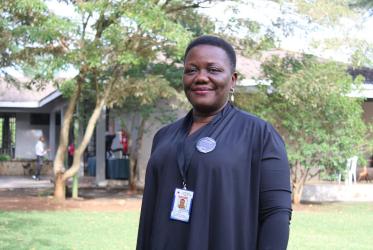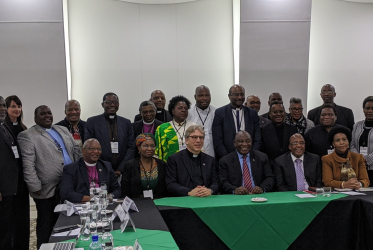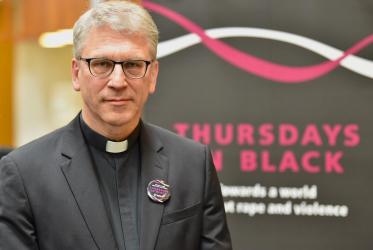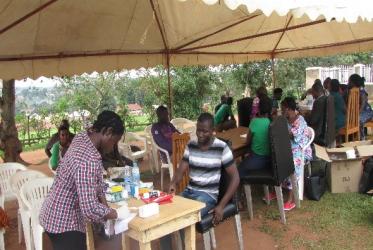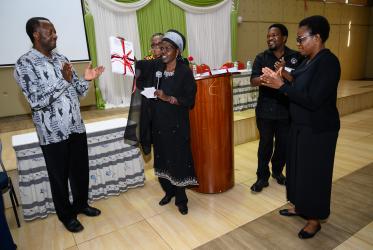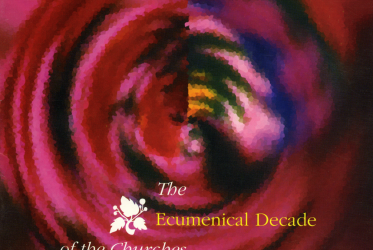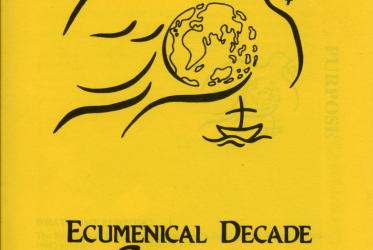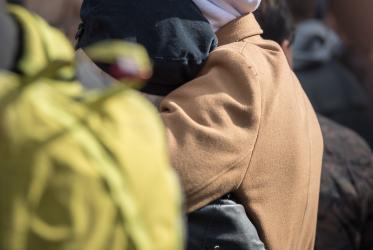Displaying 1 - 20 of 31
WCC honoured with Geneva Engage Award
01 February 2022
WCC delegation meets with South African President Ramaphosa
09 December 2019
Churches in southern Africa stand against violence, xenophobia
10 October 2019
UN day on violence victims stresses religious tolerance
22 August 2019
WCC congratulates 2018 Nobel Peace Prize laureates
05 October 2018
20 years since the Ecumenical Decade in Solidarity with Women
01 - 06 October 2018
Kingston, Jamaica
What difference does dressing in black make?
02 August 2018
Pan-African women demand end to gun violence in USA
29 March 2018
